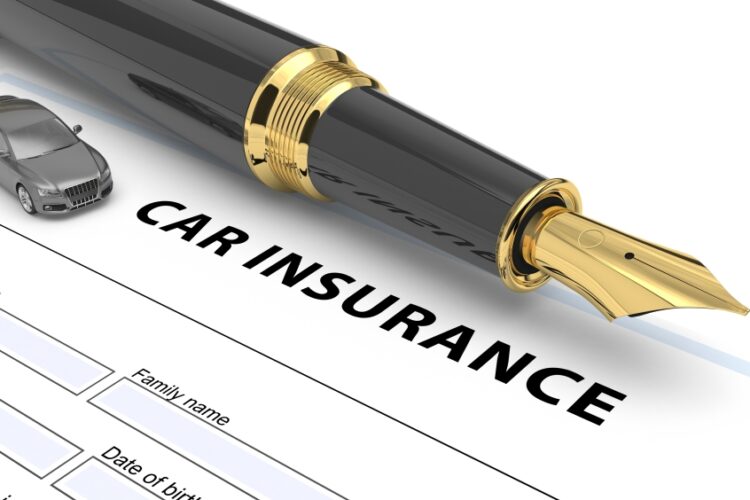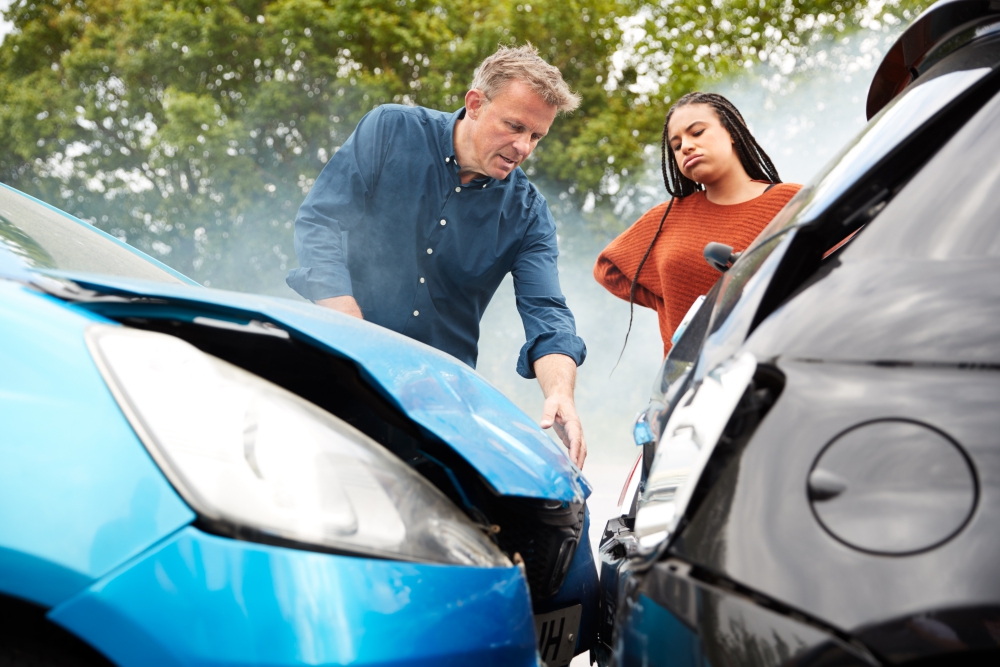What Is Um Coverage and Should I Have It

In Florida, UM coverage is “uninsured motorist” coverage for your car. Florida law does not require you to have this coverage but you would be wise to get it and keep it. Why? According to recent numbers from the Insurance Information Institute nearly 25% of Florida drivers are uninsured. What this means is that if one of those drivers strikes your vehicle and you suffer injury to your body, that person does not have insurance to cover your injuries. (An uninsured driver has no insurance to cover your medical bills, lost wages, or pay for your physical injuries.) That is why it is important to have some level of “uninsured motorists” coverage, because you stand a good chance that the Florida driver who strikes you will not have any insurance at all.
UM coverage in Florida also pays when the other driver is at fault and does not have enough injury insurance. This part of UM coverage is known as under-insured motorist coverage (as opposed to simply uninsured motorist—both uninsured and under-insured motorist coverage is covered in Florida by purchasing “UM” coverage). Once again, if you do not have UM coverage on your automobile vehicle policy you are taking the chance that the at-fault driver who causes injury to you: 1. Has no insurance, or 2. Does not have enough insurance to cover you.
Another benefit of UM coverage under Florida Statute Ch. 627.737 is that it is one of the last areas of auto insurance where the Florida legislature and the courts do not allow the automobile insurers to deviate from the Florida statutes designed to protect drivers and passengers who are injured because of another driver’s fault. For instance some of the auto insurers tried to force their customers to sue the at-fault uninsured motorist before going after UM benefits. Florida courts have overwhelmingly viewed this attempted tactic as not in compliance with the UM statutes designed to help injured people recover when the at-fault driver has no, or not enough, insurance.
Saris v. State Farm Mut. Auto. Ins. Co., 49 So. 3d 815 (4th DCA 2010)
In sum, we find that requiring an insured to sue a tortfeasor to obtain uninsured motorist coverage is, in effect, no less burdensome than requiring the insured to recover a judgment or settlement against the tortfeasor before obtaining coverage. Both such requirements violate public policy. See Weinstein v. Am. Mut. Ins. Co. of Boston, 376 So.2d 1219, 1220 (Fla. 4th DCA 1979) (“To require the [insured] to first obtain payment of a judgment or settlement is requiring more than the statutory intention and effectively limits the effect of [the uninsured motorist] statute….”).
In other words, the courts said that Florida statutes provide certain protections—which the auto insurance companies cannot break by trying to add on extra conditions before the insured customer receives UM benefits.
But if you need another reason to purchase UM coverage consider that the Florida Highway Safety and Motor Vehicle Department says that for the years 2015 to 2021 there were over 700,000 hit-and run crashes. 700,000! More than 1600 of those crashes resulted in a traffic death. Also note that the 700,000 hit-and-run crashes between 2015 and 2021 were not all of the automobile crashes in Florida; these were just the ones that involved hit-and-runs. The FHSMV also states for 2021 there were 310 deaths.
Nationally the crash rates and death rates increased, the Highway Traffic Safety Administration reported 42,915 deaths for 2021. It was the highest total since 2005 and the biggest increase since 1975 when they started keeping the Fatality Reporting System.
So, one can see the benefit of having UM coverage when perhaps ¼ of the drivers in the State of Florida do not have the auto insurance to cover your injuries. Even those who do have liability coverage may not have enough to cover all of your injuries or that of your family members.
Doesn’t My Florida No Fault Insurance Cover Medical Bills?
While it is true that your Florida No Fault coverage (a/k/a Personal Injury Protection insurance) covers you for your initial medical bills, a typical Florida No Fault policy is limited to $10,000. You can spend more than that on the ambulance ride to the hospital and Emergency Department visit even if they let you out the same day. UM coverage would step in to help pay your medical bills, lost wages and for your injuries which are more than your No Fault insurance.
Doesn’t the other guy’s No Fault insurance cover me? Almost never. No Fault insurance was created in Florida to cover the person who took out the auto insurance policy, not someone they hit in another car. The “almost never” scenario applies when an at-fault driver hits a pedestrian and the pedestrian does not own a vehicle. In that instance the at-fault driver’s No Fault insurance might cover the pedestrian, but again, that is typically only $10,000 in coverage.

It is everyone’s personal choice whether to carry UM coverage for themselves and their family. Just remember if you do not have the coverage, you are trusting someone else to have the auto insurance coverage to cover you. And if you think: OK fine, I will just sue the person and take everything they have. First of all, what we have seen is that people who do not have auto insurance to cover your injuries fall into mostly two camps. 1. They cannot afford the insurance. Or, 2. They are not responsible people following the law. Suing a person is different from collecting money from a person. You may be able to get a judgment against an uninsured person for several thousands of dollars; that does not mean it is collectible. Once again it comes down to: do I trust someone else to carry insurance to cover me, or do I retain UM insurance which will cover me and my family regardless of other person’s insurance status.
For more information about how Florida Auto Insurance works contact us at FightingForFamilies. We are a 25-year law firm representing only victims of crashes, and never an insurance company.
There is no charge to speak with us about your case.
